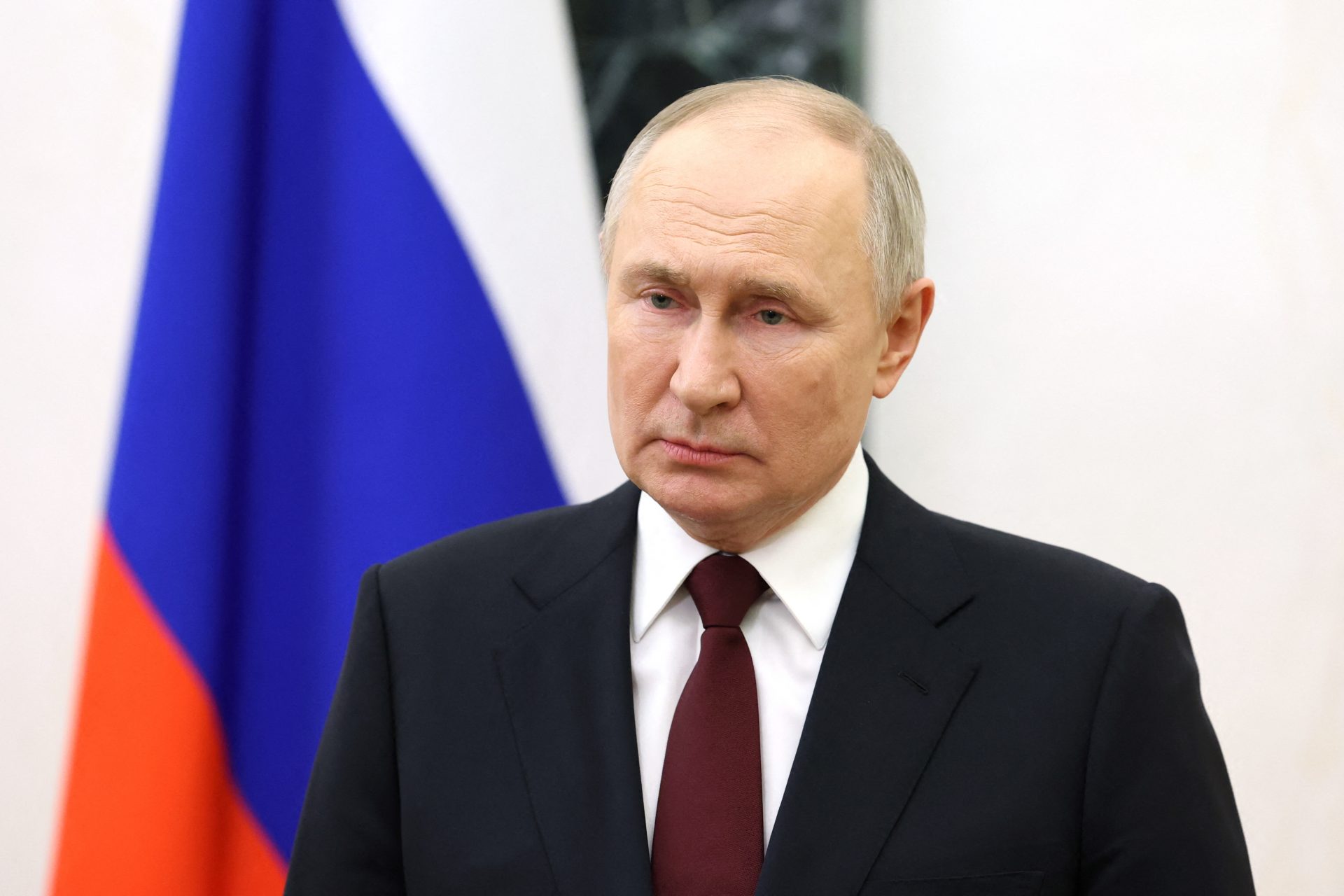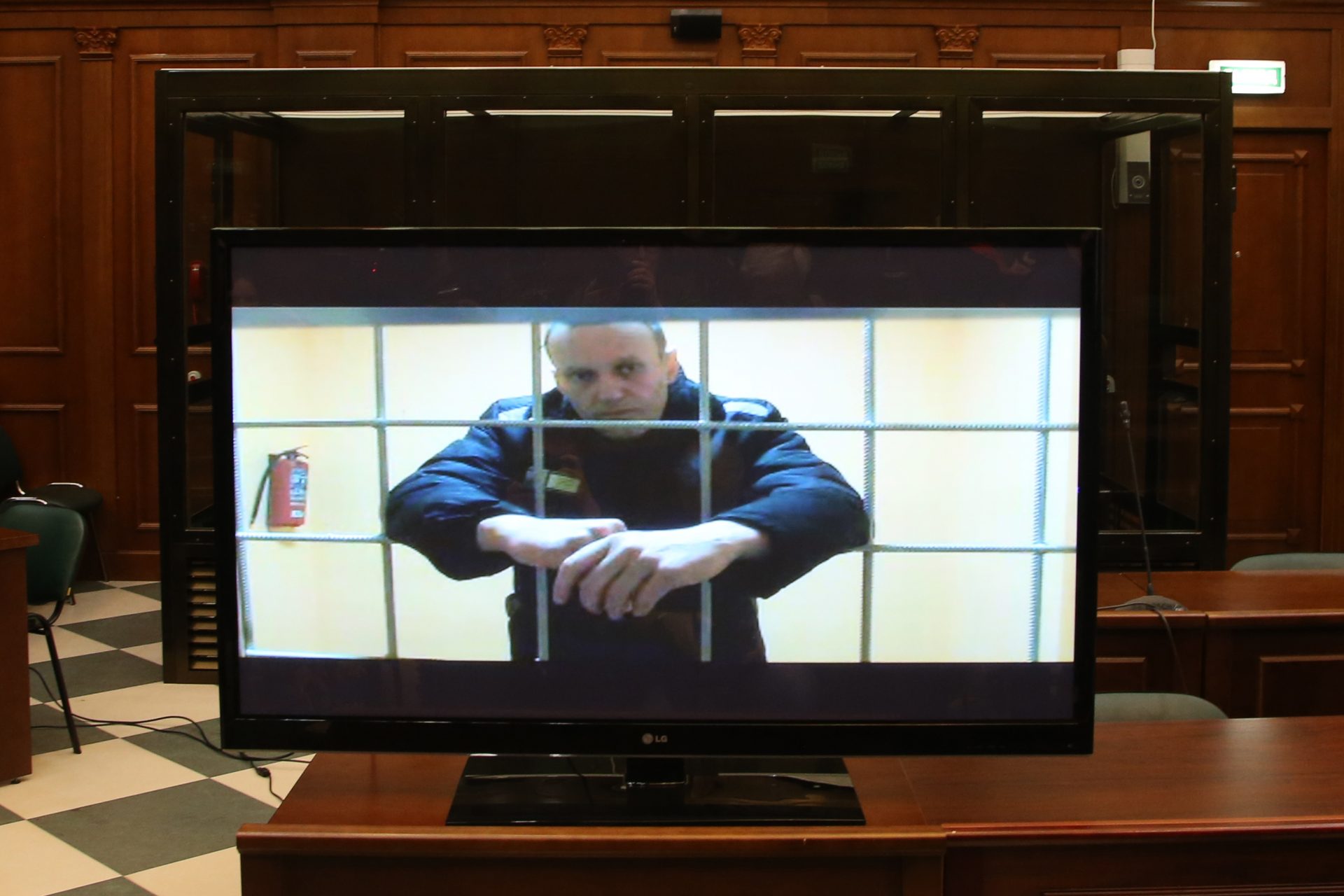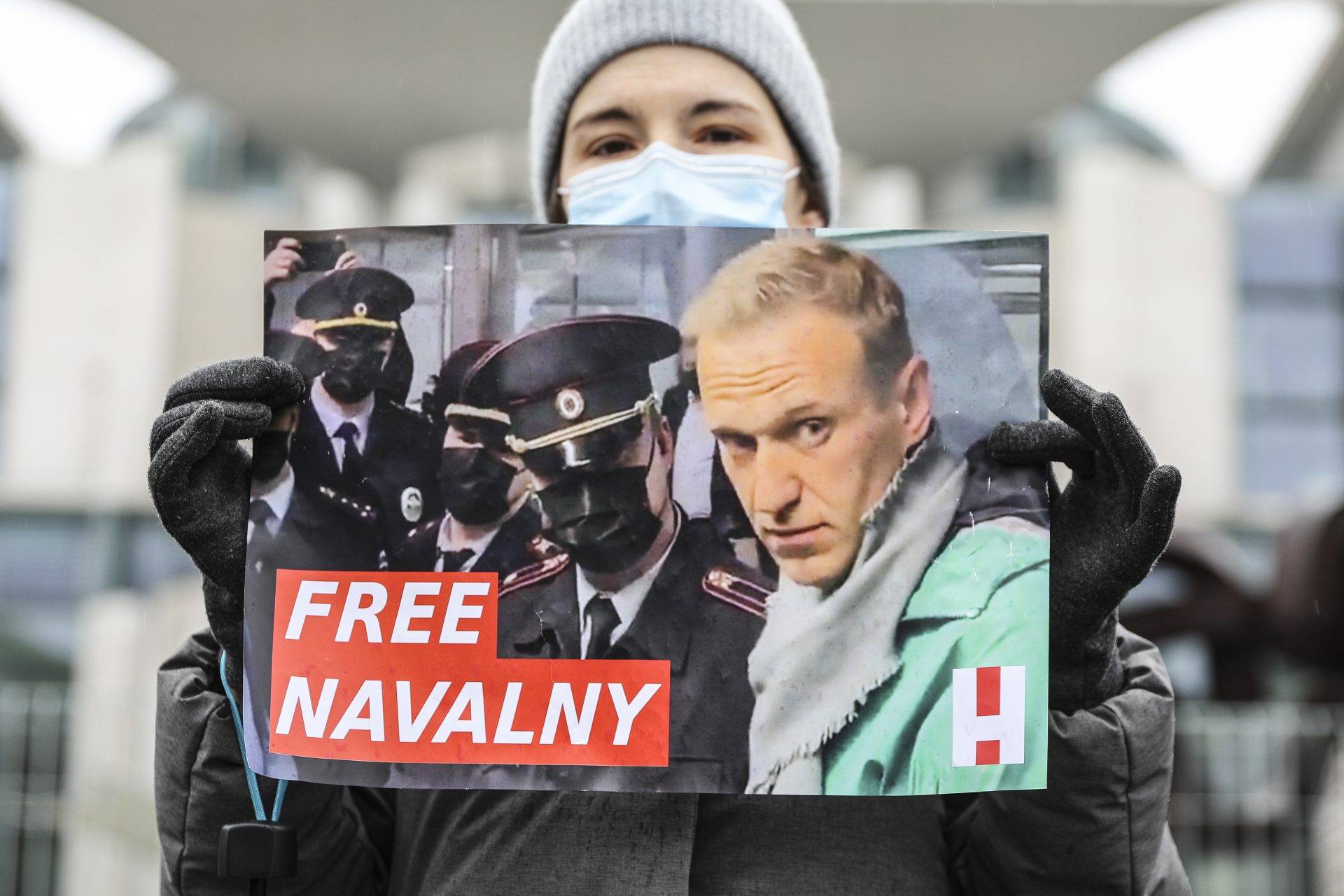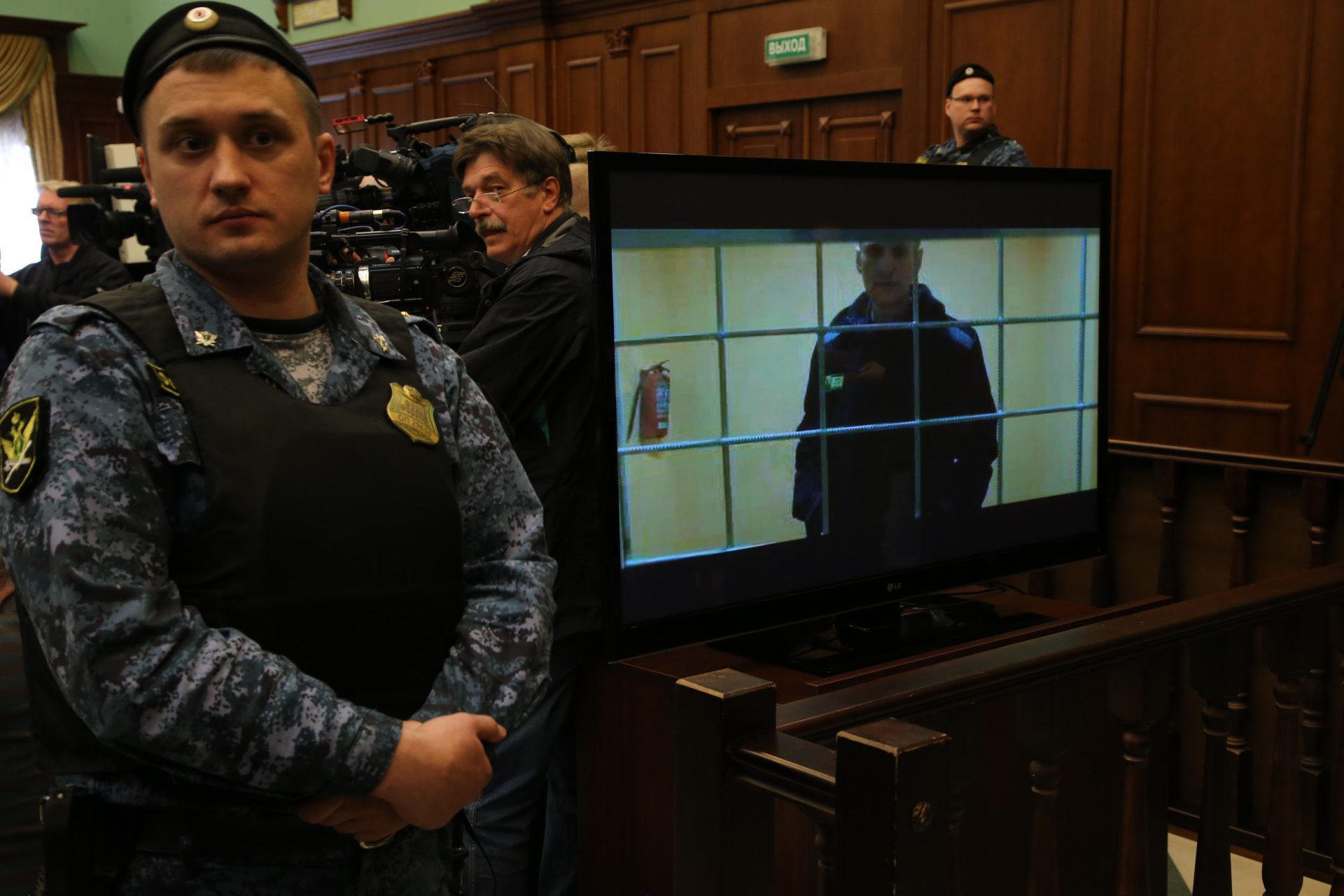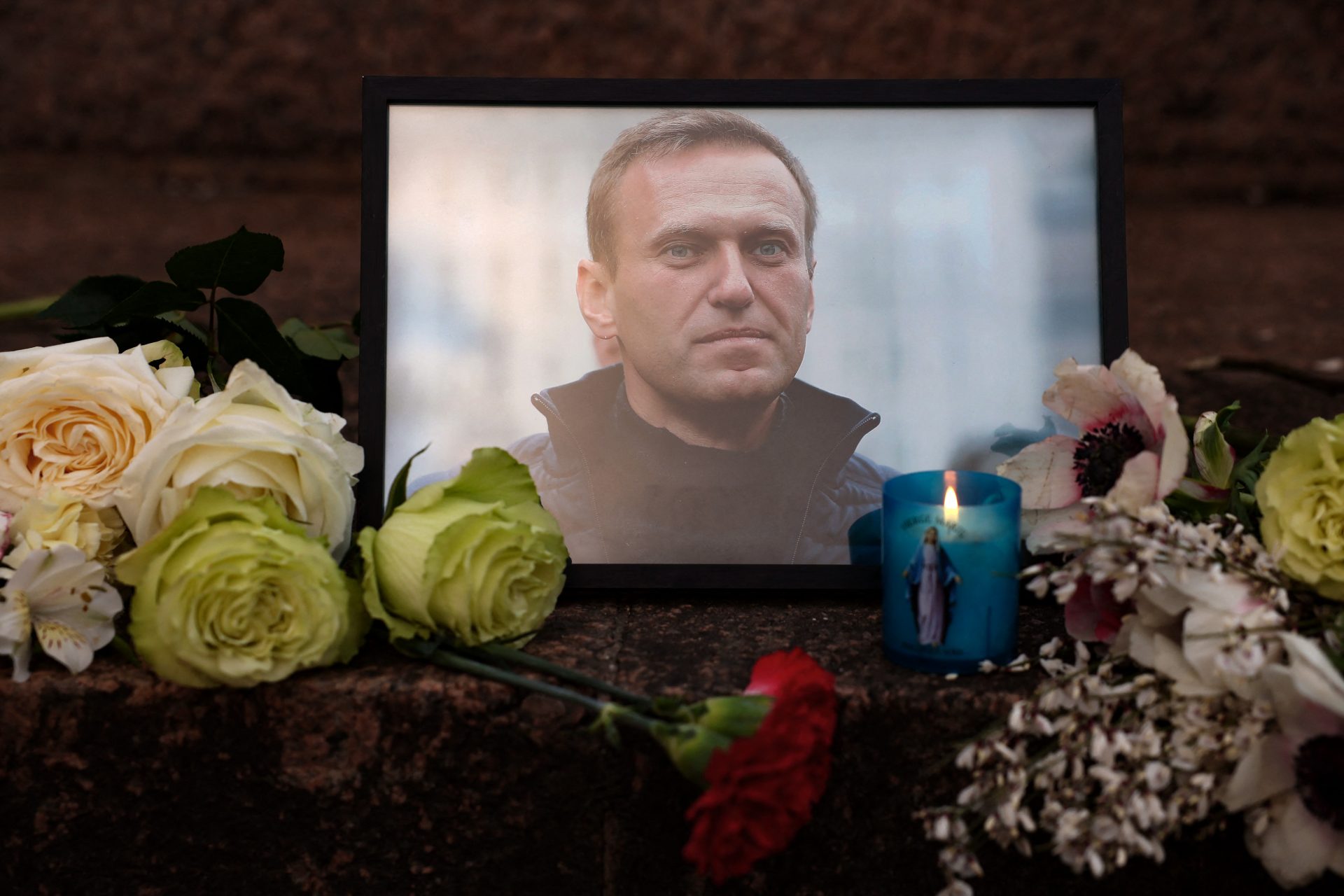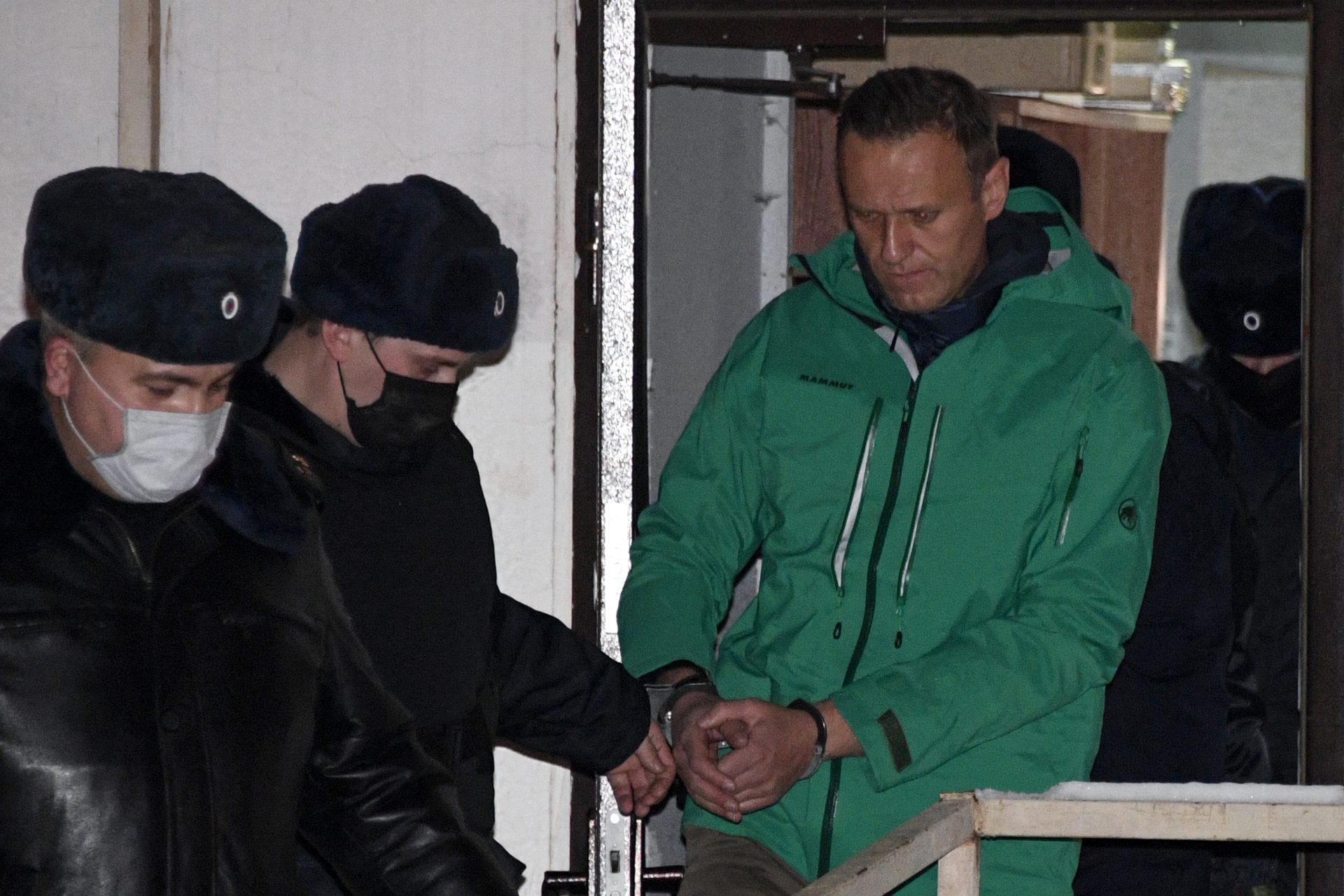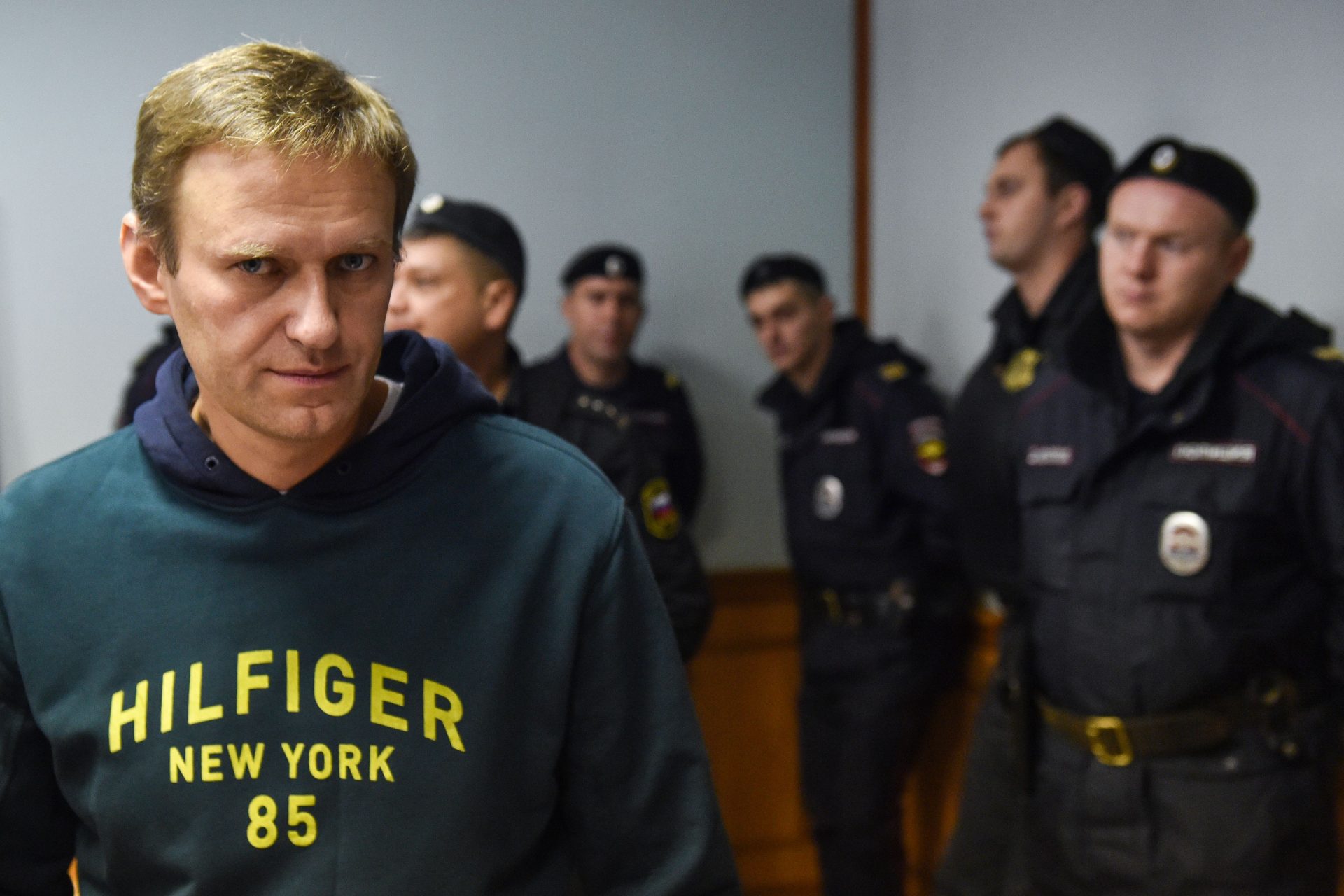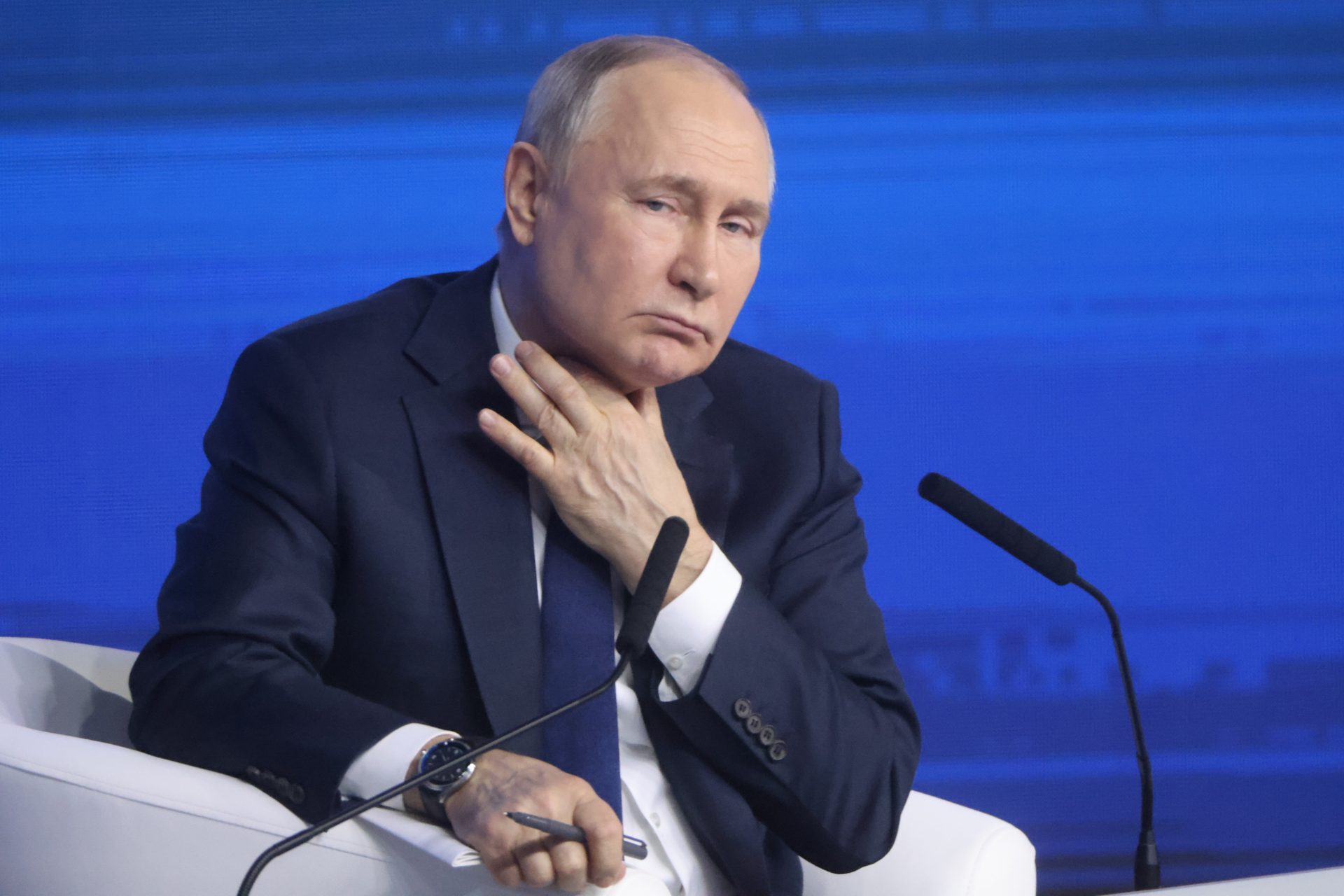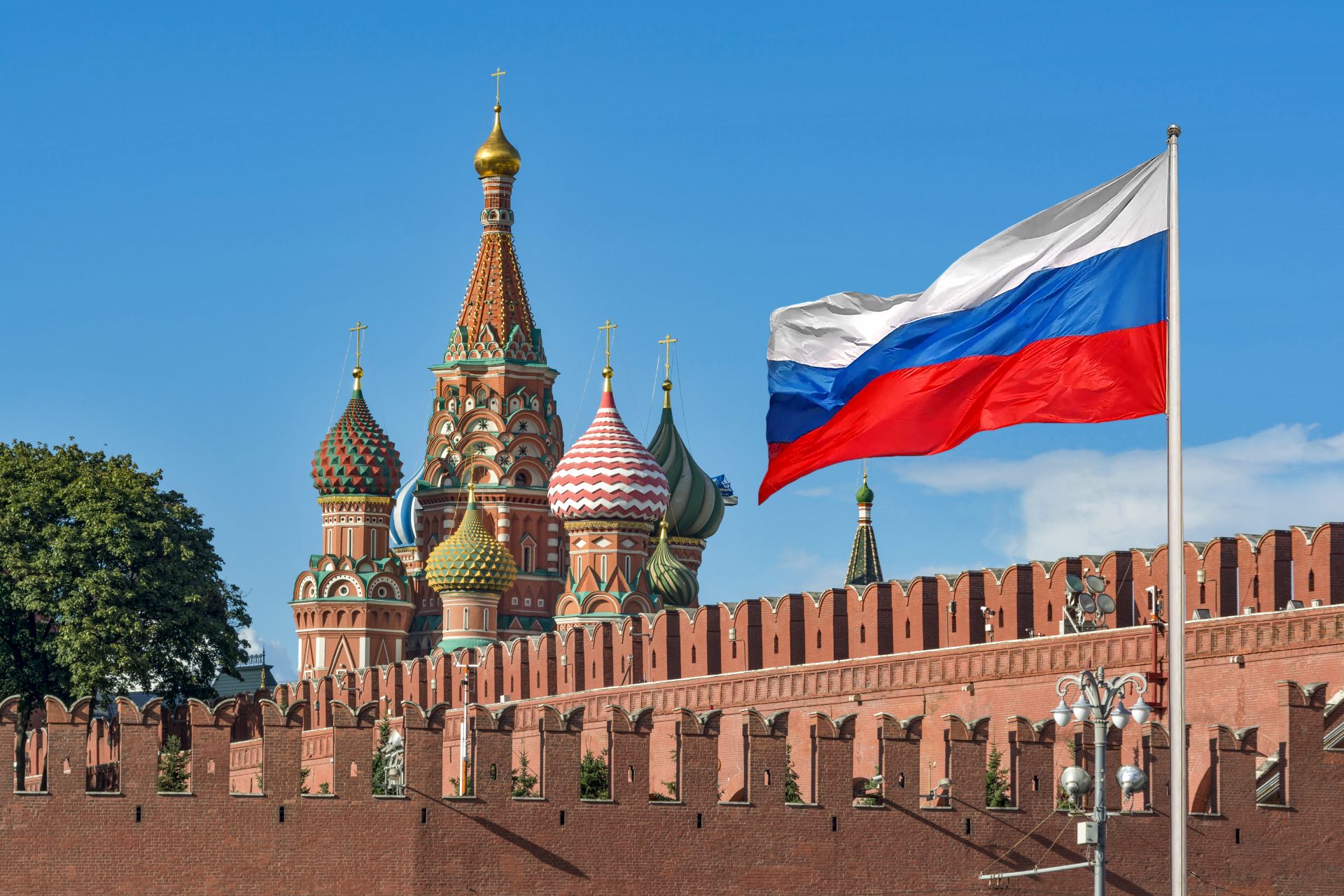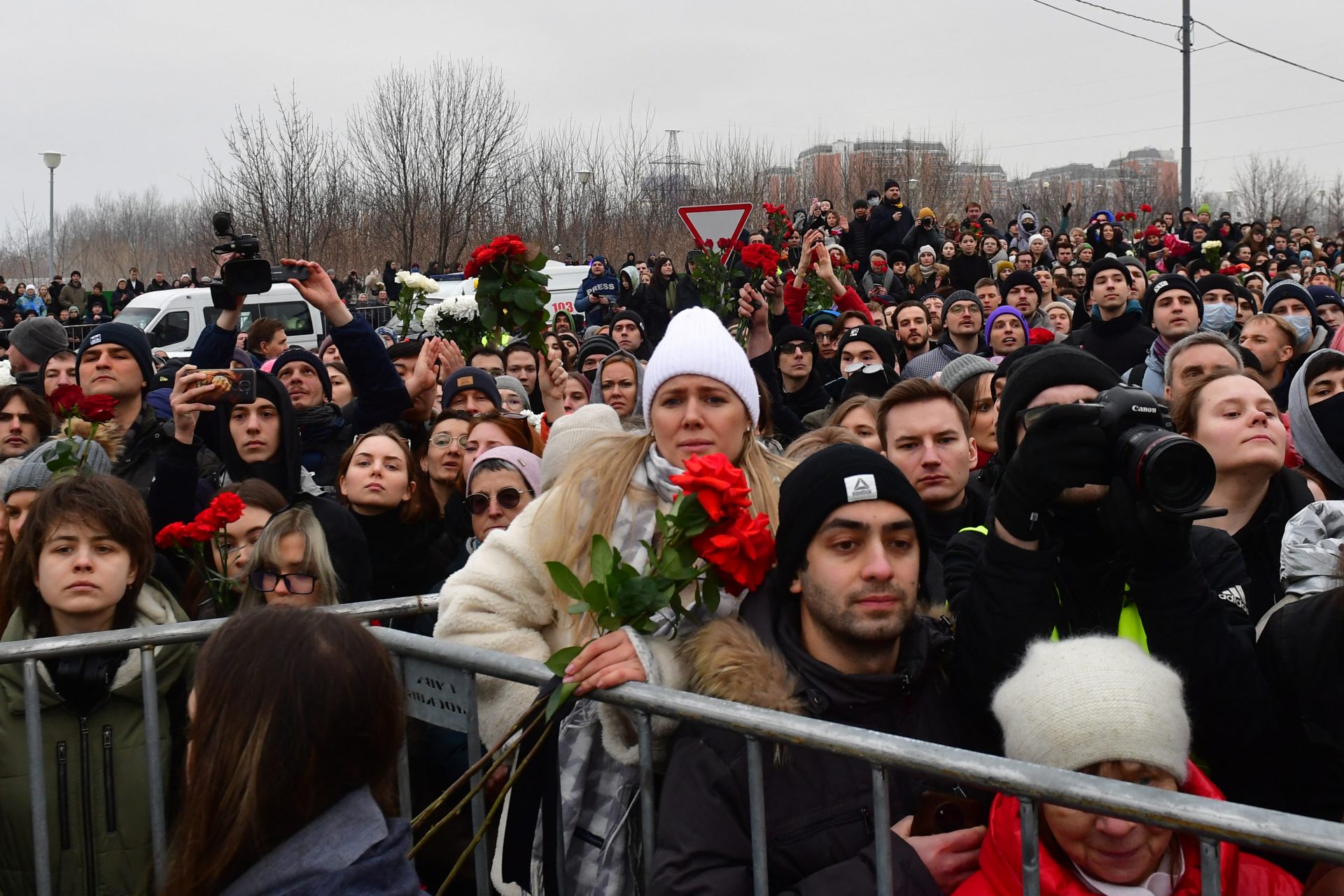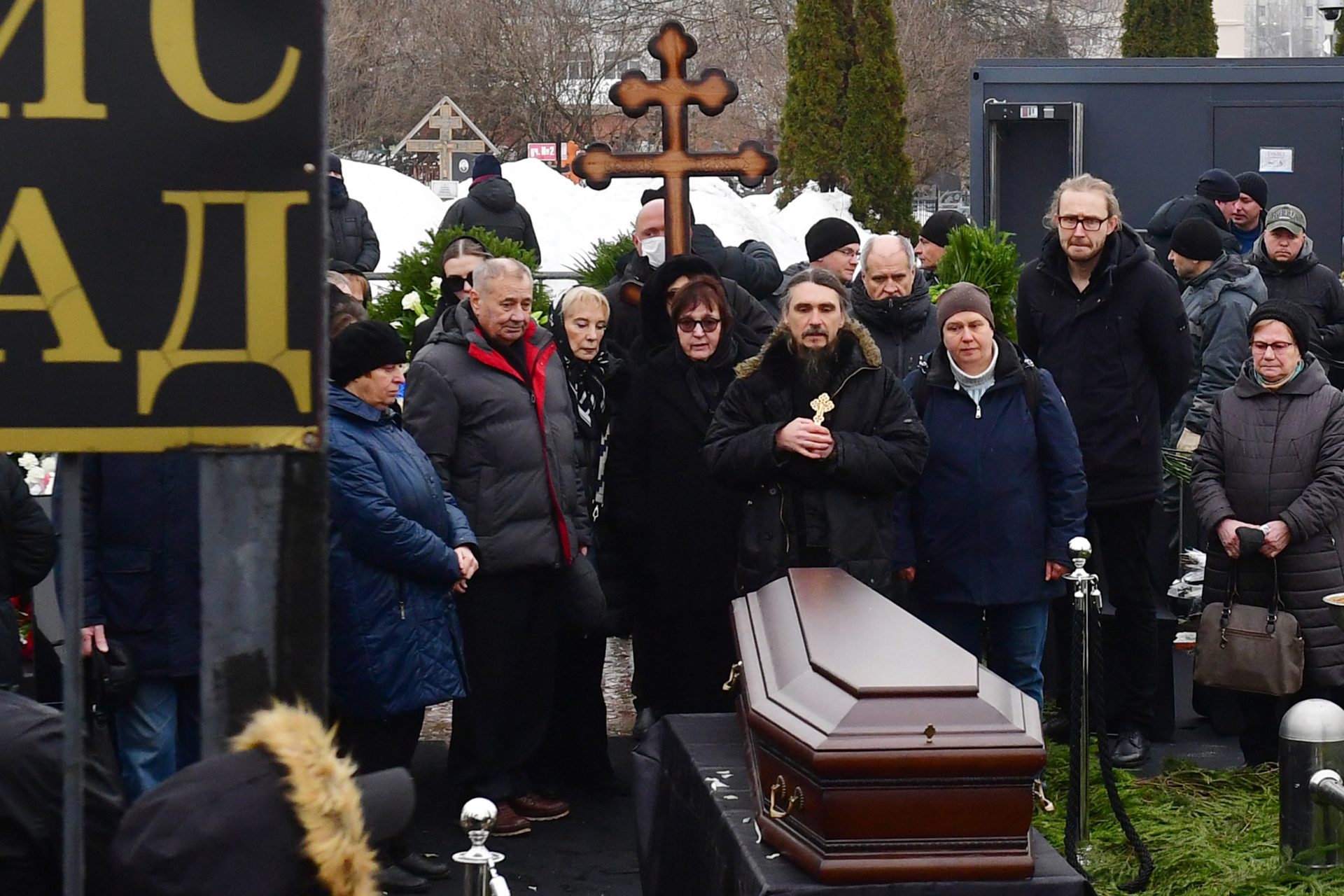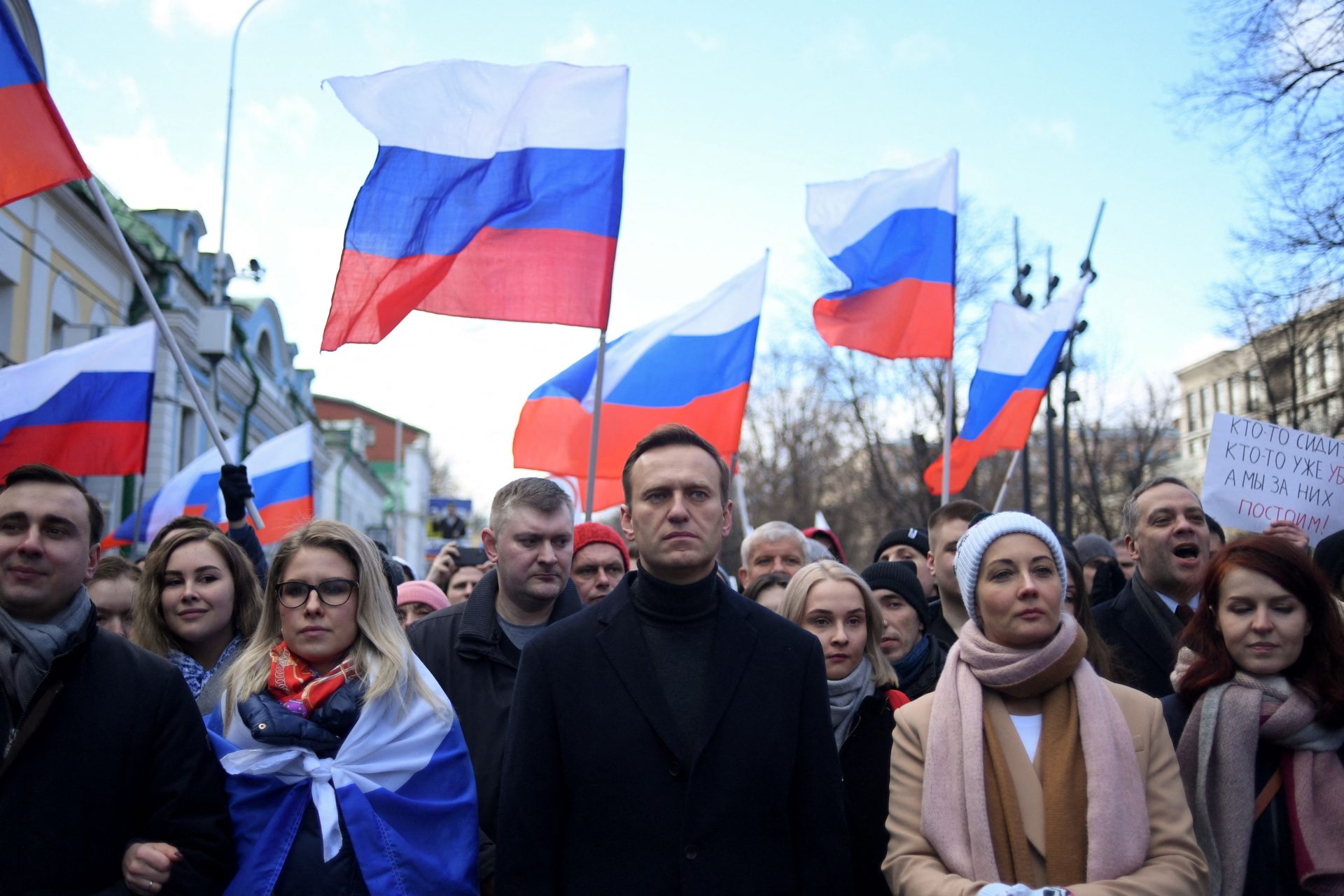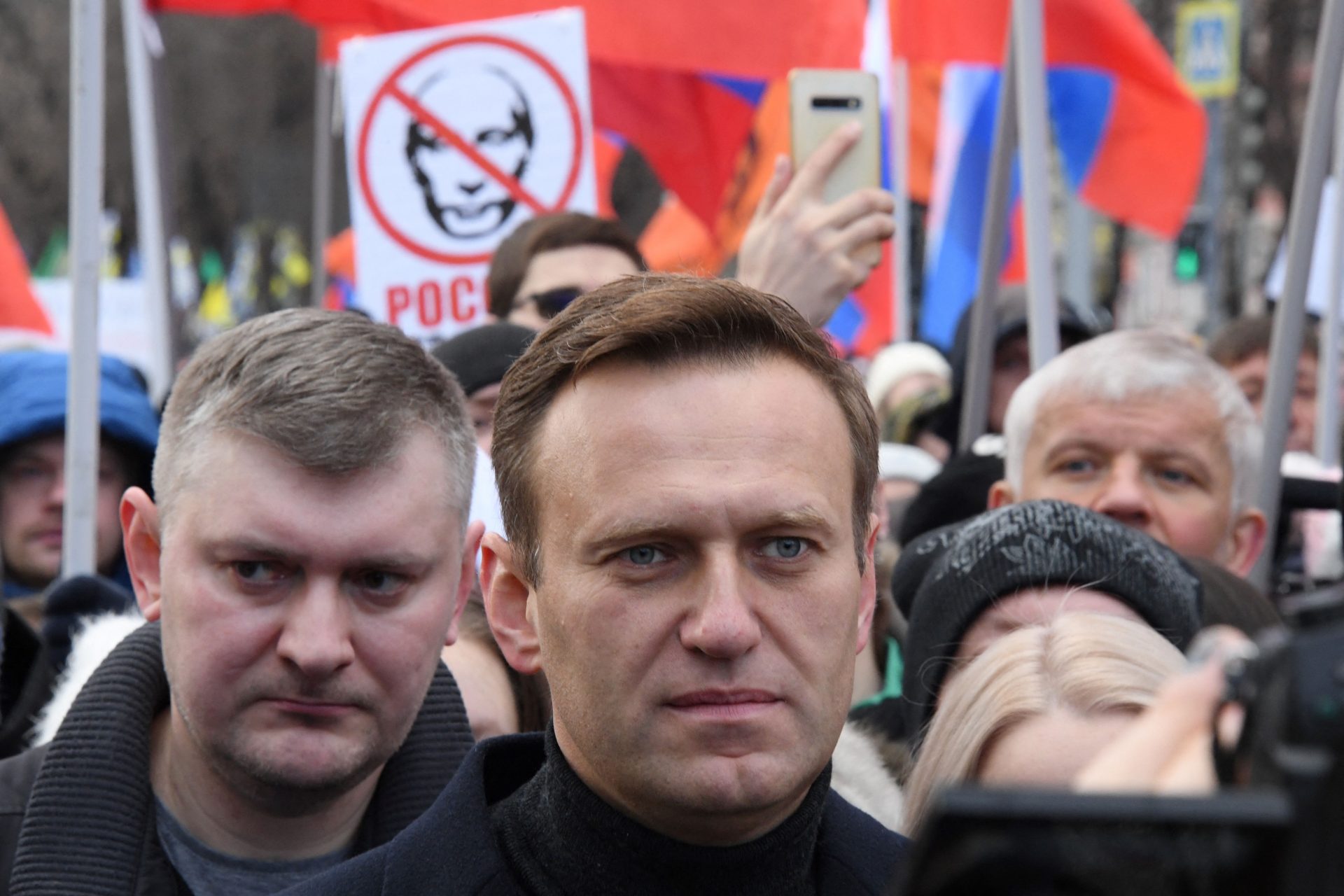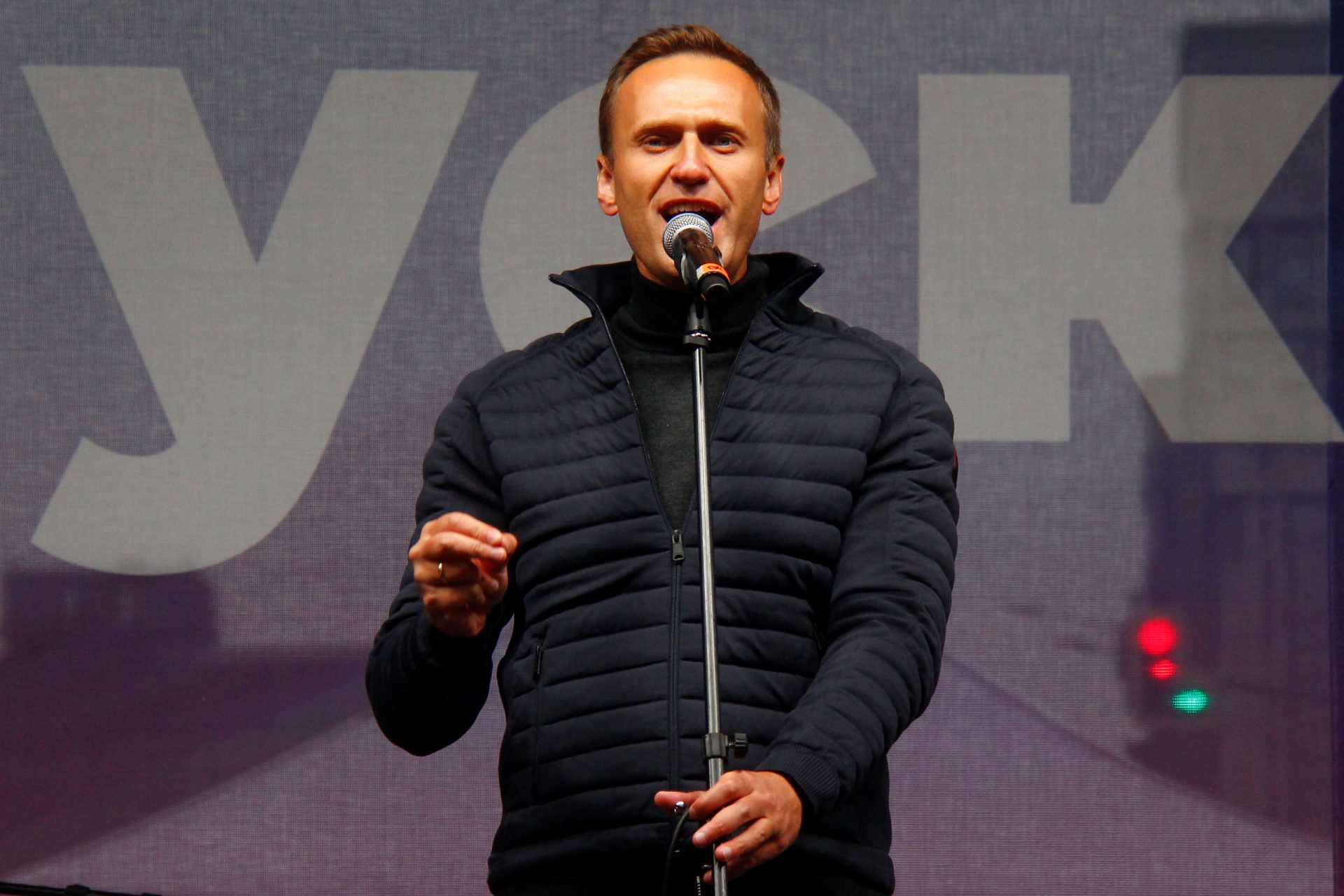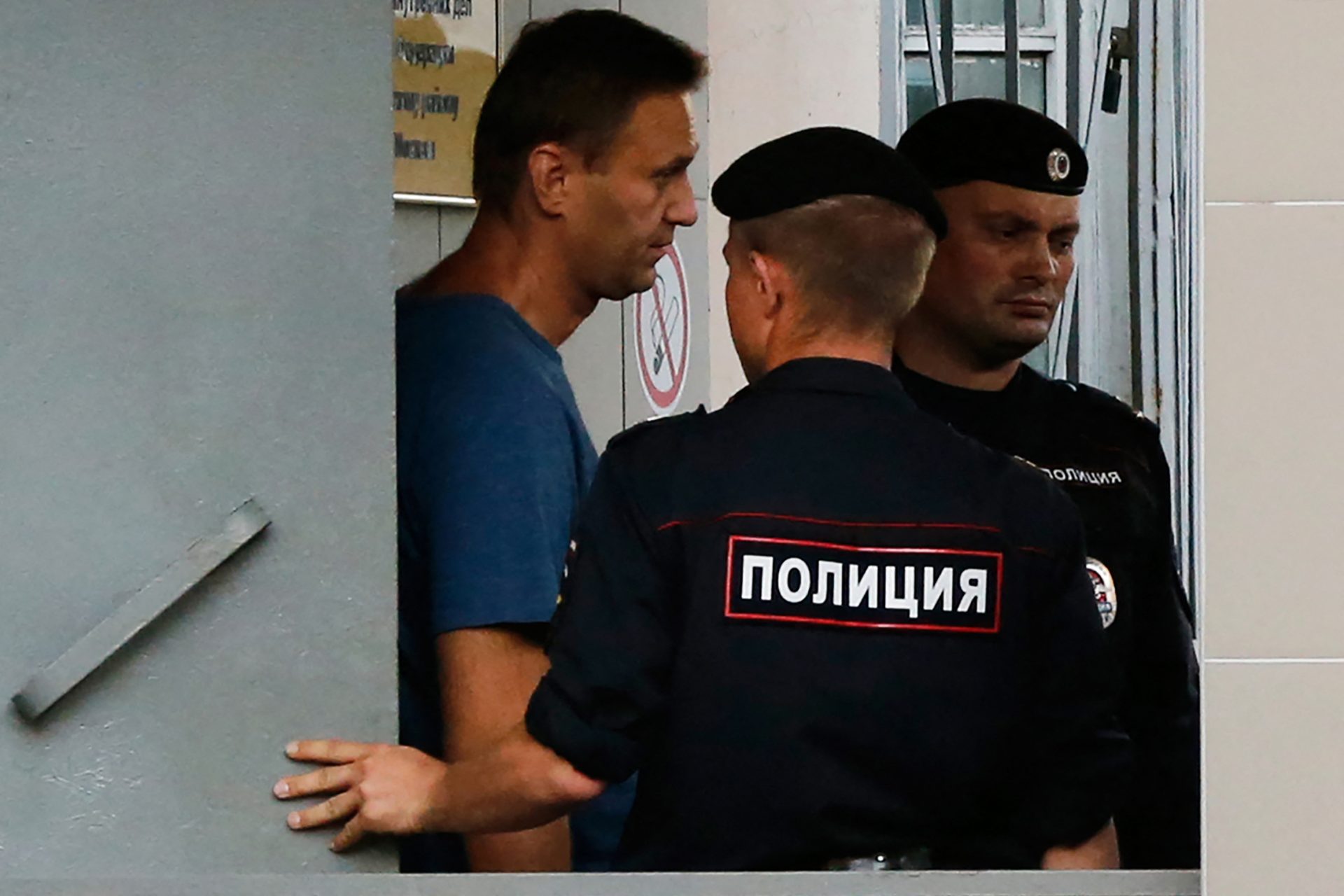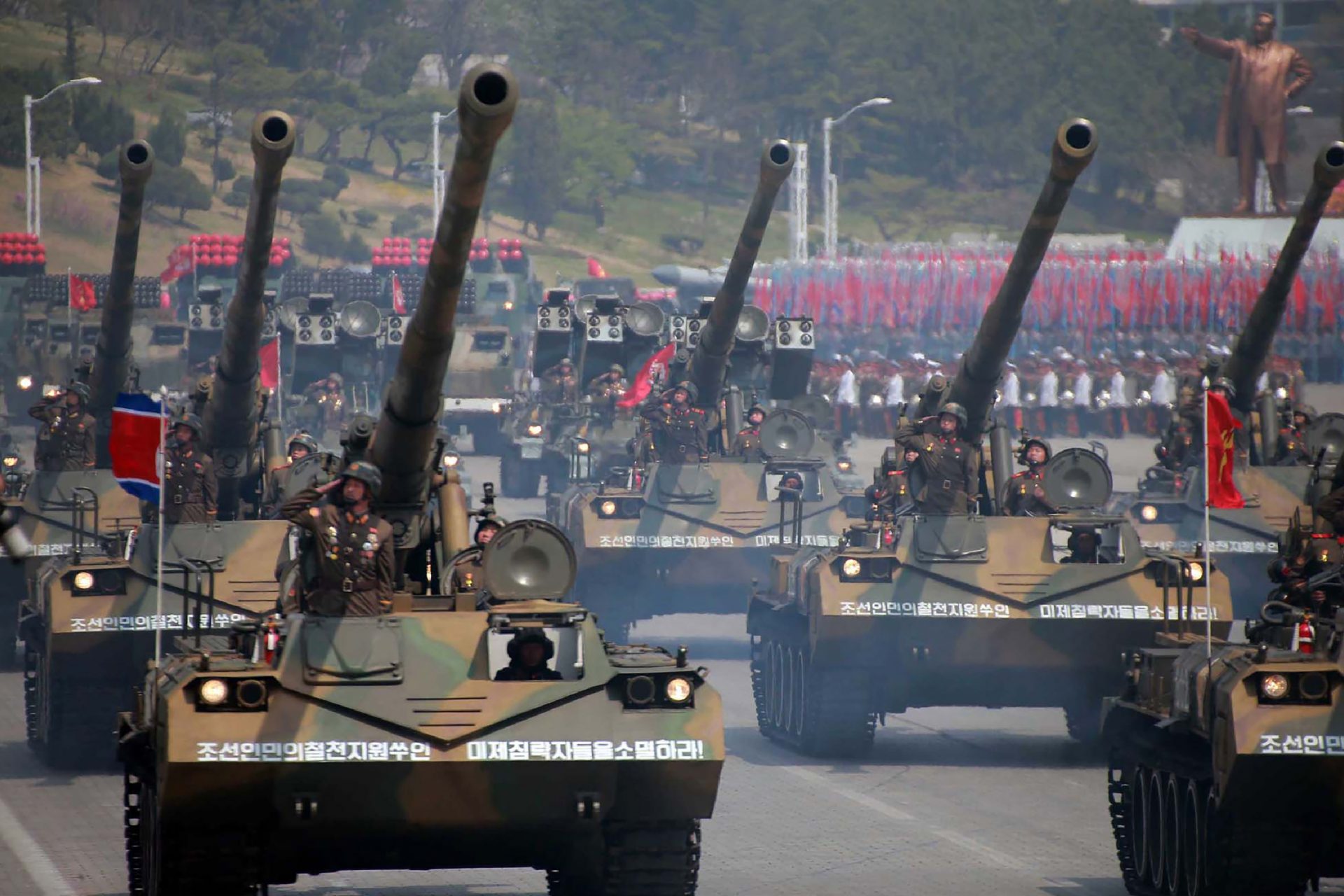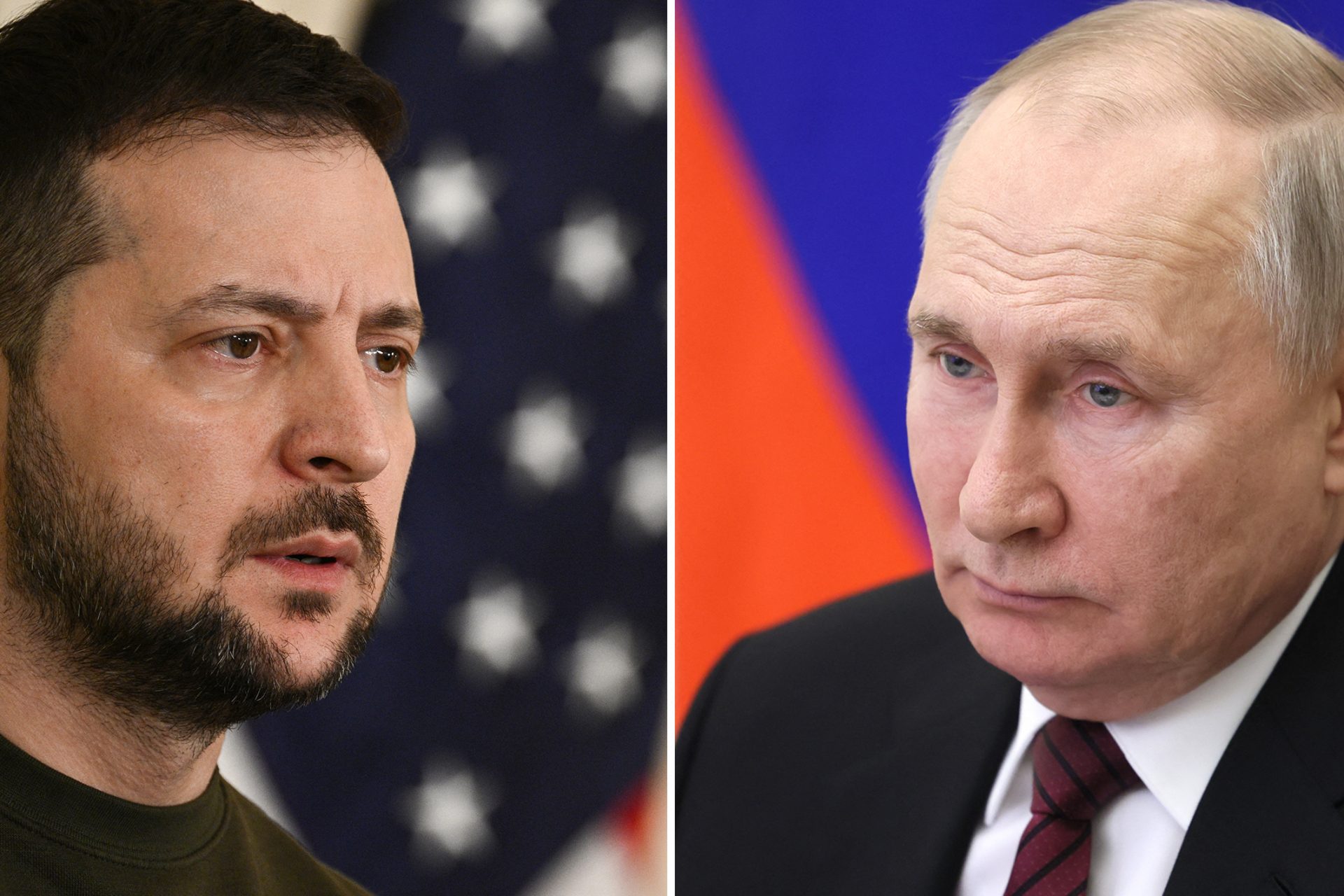What we know about the mysterious death of Putin's critic Alexei Navalny
Russian President Vladimir Putin virtually rules his country unopposed. However, he hasn't managed to have no opposition out of the kindness of his heart. Just ask the late opposition leader Alexei Navalny.
According to Russian news agency TASS, Russian opposition leader and outspoken Putin critic Alexei Navalvy died while serving a prison sentence on February 16, 2024.
The cause of death declared by Russian authorities, and reported by Russia Today, is that Navalny allegedly passed away due to a detached blood clot.
According to a press release from the Russian prison system quoted by The Guardian, Navalny “felt unwell after a walk and almost immediately lost consciousness”.
However, Reuters writes that when Navalny's mother and lawyer went to the penal colony to retrieve the body, they were told the Russian politician had died of “sudden death syndrome”.
The Russian opposition leader was serving time in a remote penal colony in the Arctic Circle, with very limited communication.
Navalny was serving a 19-year sentence in prison, after he and a group of Russian dissidents were found guilty on charges of political extremism.
However, Navanly's demise raises more questions than answers. According to Spanish newspaper El País, the European Union accuses Putin's government of being directly responsible for his death.
Russian opposition news outlet Meduza reports that supposedly several prison security cameras were turned off when Navalny passed away.
Image: imedianamibia / Unsplash
Al Jazeera highlights that Kremlin spokesperson Dmitry Peskov took offense about the implication that Putin had a hand on Navalny's demise: “absolutely unfounded, insolent accusations about the head of the Russian state”.
For several days, the Russian authorities held Navalny's body. The BBC affirms that the family was forced to sign a death certificate declaring that he died of natural causes.
The Kremlin, the BBC writes, also tried to pressure Navalny's family to agree to a secret burial. Ultimately, the Russian politician was buried on March 1 in Moscow, with hundreds of attendants.
Although Alexei Navalny is gone, his lifelong struggle against the authoritarian government of Vladimir Putin lives on.
Alexei Navalny rose to power in the early 2010s. A political advisor and blogger, he was among the 300 arrested in Moscow for protesting the 2011 Russian legislative elections, claiming there had been fraud.
Soon, Navalny became one of the most recognizable Russians opposing Vladimir Putin. He tried to run for mayor of Moscow in 2013, president of Russia in 2018, and deputy in 2019, but each time there were accusations of fraud and manipulation towards the government.
Meanwhile, Navalny grew in popularity in the West. TIME magazine named him one of the 25 most influential people on the internet in 2017 and the European Parliament granted him the Sakharov Prize for human rights in 2021.
In August 2020, Navalny was poisoned with Novichok nerve agent while taking a flight from Tomsk to Moscow. The Putin critic almost died but managed to flee to Berlin, where he recovered.
Navalny, despite all the warnings and risks, returned to his country and was arrested upon entry to Russia. His arrest, in January 2021, led to protests across the Russian Federation.
The big question about Navalny, who was only 47 at the time of his demise, is that if his sacrifice managed to make a dent in the iron grip that currently holds Russia’s power.
More for you
Top Stories



